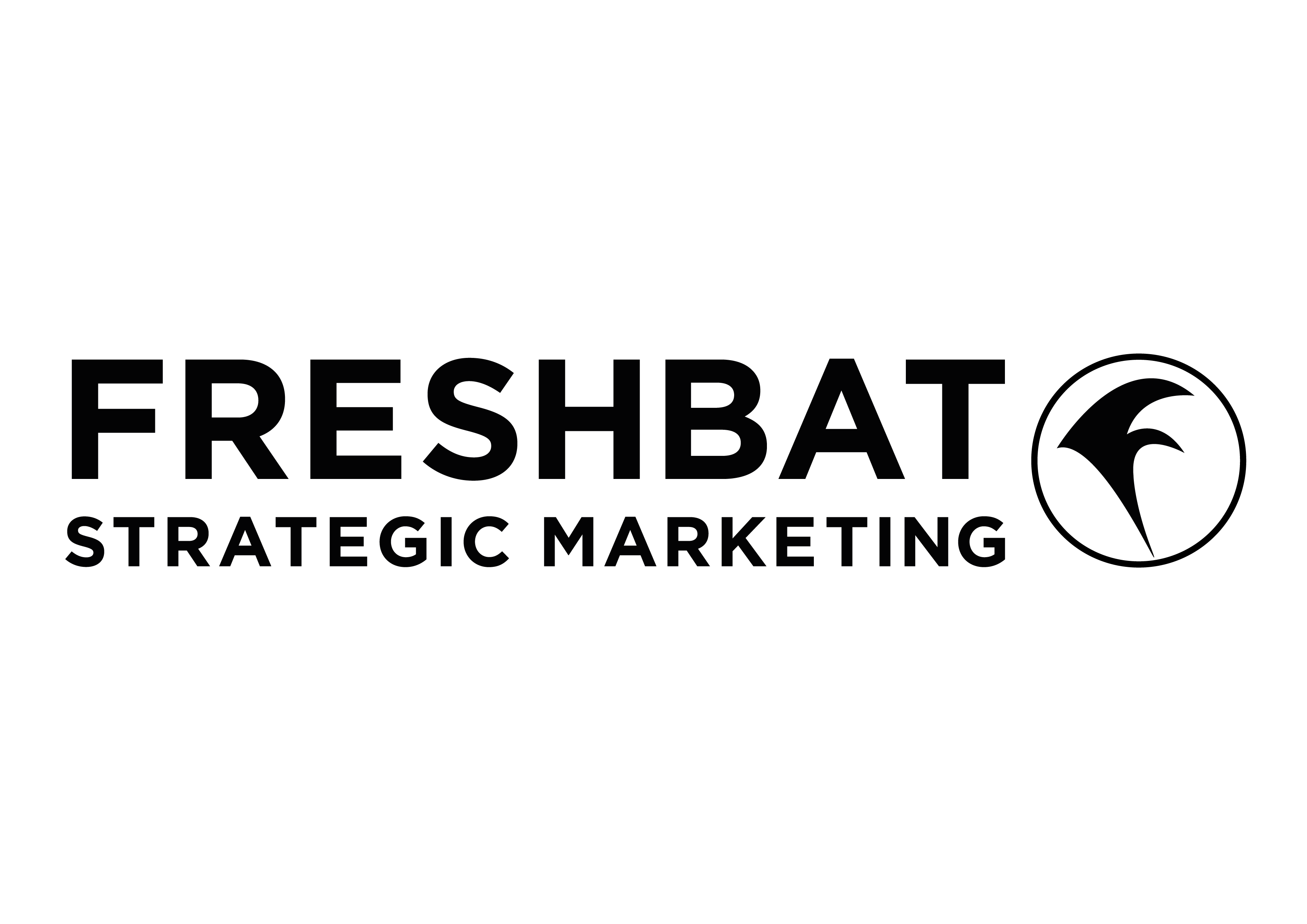During a recession or tough economic times, it can feel like your B2B marketing budget is more stretched than ever as a small business leader. However, even with today’s penny stretched it is more than possible to continue investing in marketing. Keep reading for our comprehensive, worry-free guide to help you with your marketing budget.
Why is it so important to spend on your marketing?
Let’s start with the basics: Consistently marketing your business is essential for growing your brand and audience. Without investing in your marketing, you are simply relying on traditional word of mouth to market your brand, which is unreliable and inconsistent for most businesses.
Plus, the chances are that at least some of your competitors are continuing to invest in their marketing even when there’s an economic downturn. If you let the disparity grow between you and your competitors, your customers will only view what your competition has to offer and not you and the result is that you lose market share.
What is a marketing budget?
A marketing budget is the total amount of money your business sets aside for marketing projects. Usually we’d think about marketing budgets annually – so how much are you planning to spend over the next 12 months? The marketing budget usually covers things like website designs, email marketing campaigns and social media management. It can also include marketing staff costs and agency costs if you’re planning on getting extra support for marketing in your business.
So, why is your B2B marketing budget important?
- You can track exactly how much you spend
If you don’t have a B2B marketing budget, how do you know how much to spend on marketing? How will you know how much you have spent? Tracking marketing spend is vital to help you start working out your return on investment.
Let’s say you sell a subscription-based product where the average lifetime value of one customer is £1,000. You tell your marketing team to generate more customers, but you don’t tell them how much to spend. Come month-end, your team tells you they signed up 100 new customers worth £100,000 to your business, and it only cost £100,000. Essentially, you have made no profit whatsoever. Never forget to track your marketing spending.
- You can optimise your spending
Finding “the sweet spot” of your marketing spending will take time, but it will yield the best results with the least investment.
If your budget is too small, you may fall short of growth targets and/or lose market share to competitors. If your budget is too big, you may have to cut back elsewhere to avoid going under.
Typically, we’d recommend small businesses set a B2B marketing budget of around 15-20% of annual revenue if they’re looking for growth, or around 10-15% if they’re looking to maintain market share.
- You can prioritize your marketing
If you are aware of your exact marketing budget, you will naturally be inclined to use each penny much more wisely. For example, if your monthly budget is £800, you will think twice before spending all £800 on one single email campaign to the wrong market segment.
So, how do you know how much you should be spending?
The most effective way to calculate a marketing budget is to always work backwards, think how much revenue you want to achieve from your marketing. Maybe your goal is to reach £60,000 in revenue by the year end, with £120 revenue per customer. Then you will need 500 new customers.
Say you had a 50% profit ratio, that’s a £60 spending budget per customer, or of course a total budget of £30,000.
Working backwards allows your marketing budget to be super customer focused, which is always important, but even more so during an economic downturn.
Things to remember when setting your B2B marketing budget
Firstly, always work backwards when creating your marketing budget.
Secondly, make sure you are remaining both customer-focused while also profit focused; it is possible to do both. And finally, remember that consistent marketing is essential if you’re hoping to continue to grow your business during a recession. When you neglect marketing, you neglect your business.
You may also be interested in finding out more about Adapting Your B2B Marketing Strategy in a Recession.


